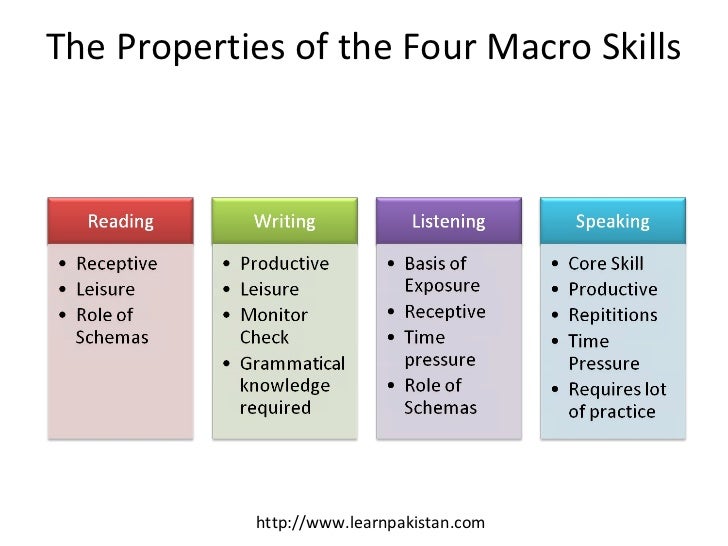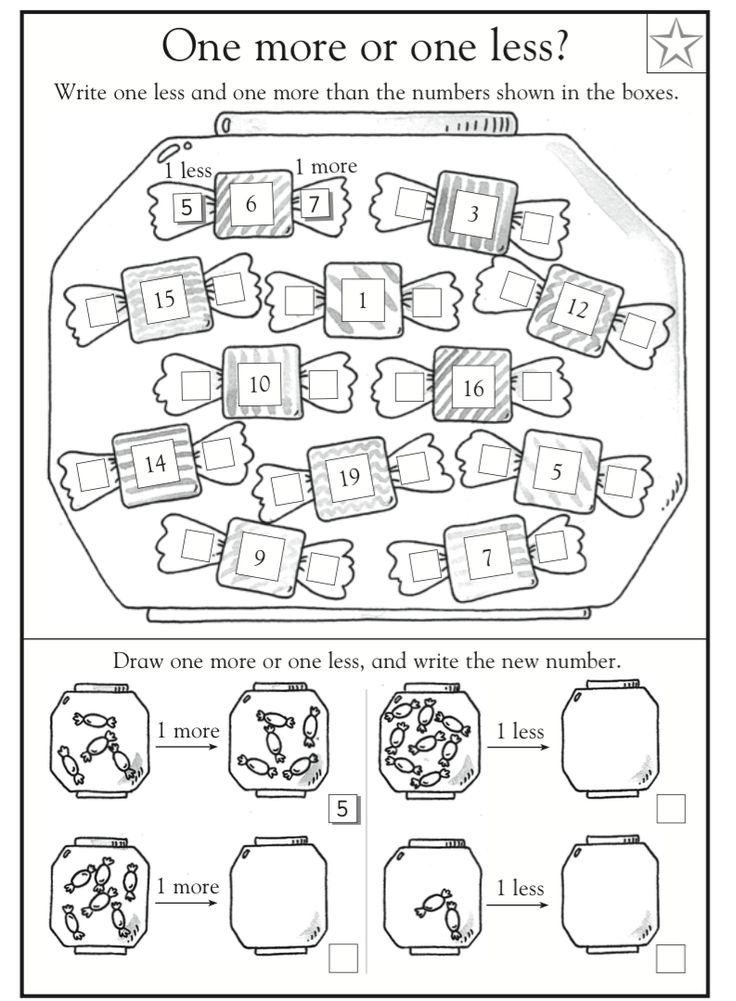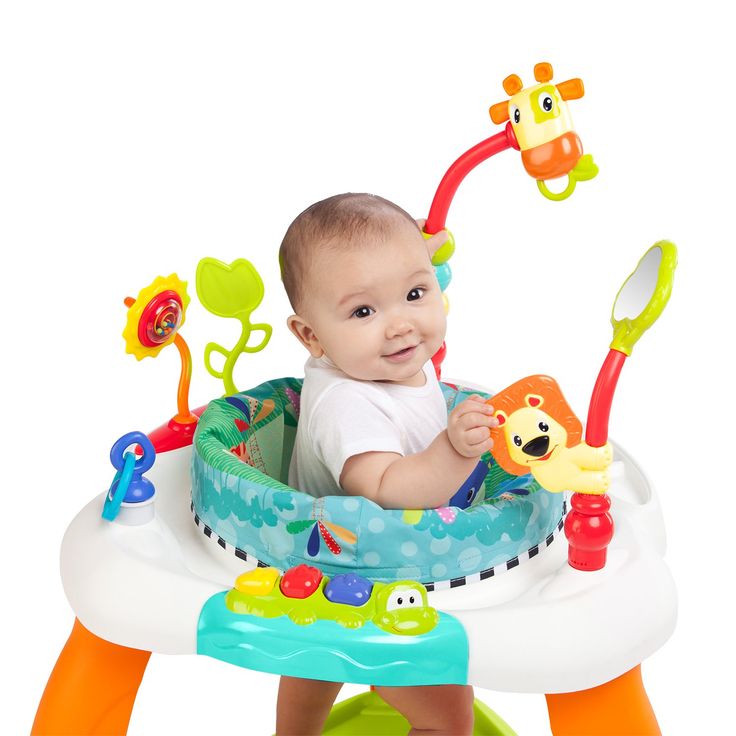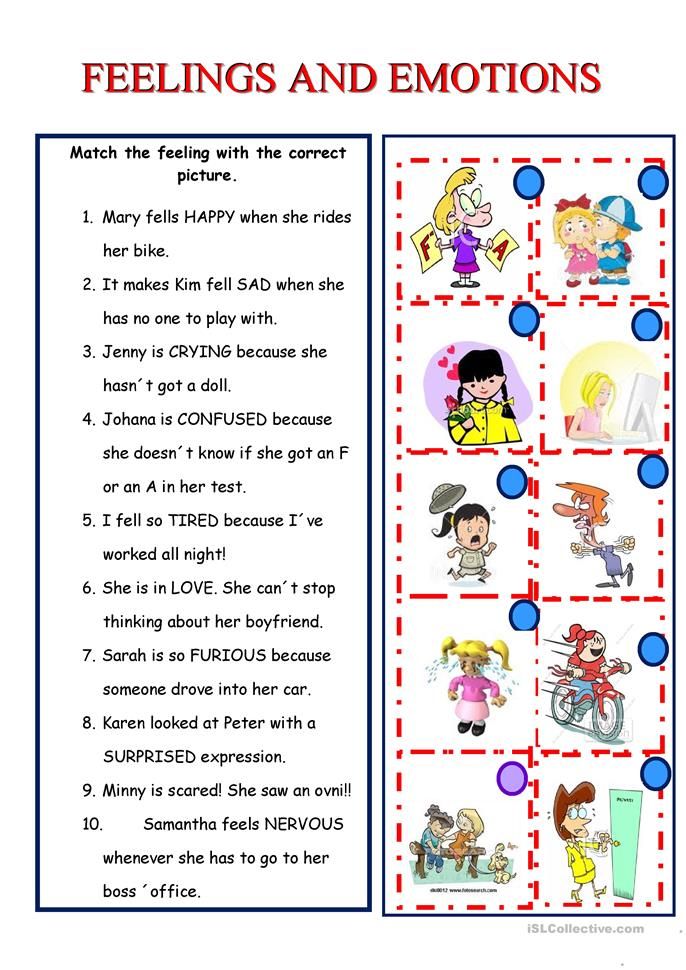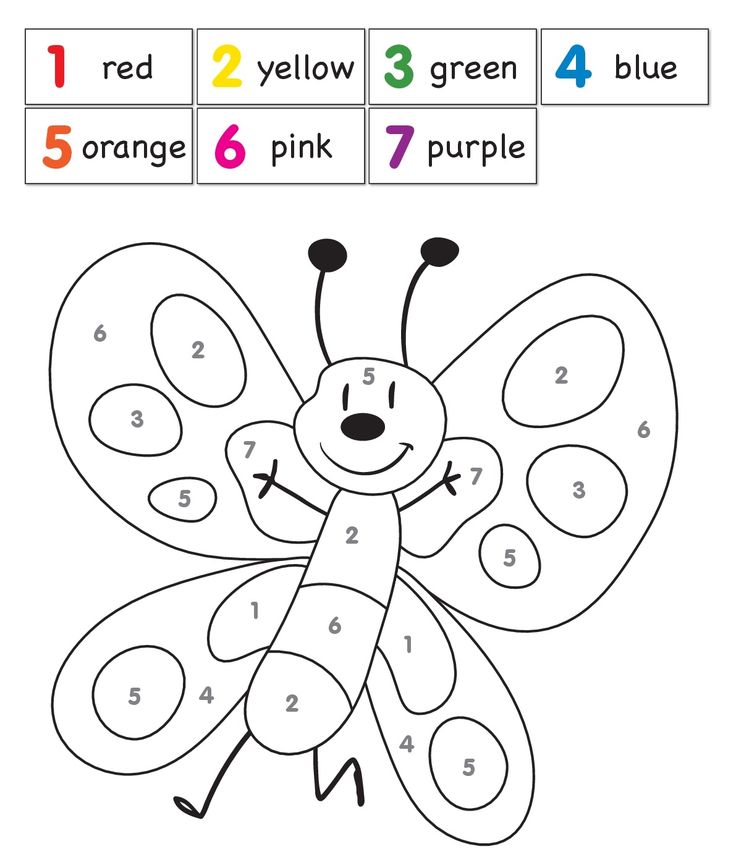How to improve your socialization skills
10 Tips to Be More Social
Jump to section
What are social skills?
The benefits of having good social skills
How can I enhance my social skills?
Do I have trouble with social skills?
The bottom line
We all have moments where our social skills fail us. Perhaps your joke was greeted with awkward silence. Or, at a restaurant, you enthusiastically told the waiter that they, too, should enjoy their meal.
The odd mishap with friends is hardly cause for alarm. The embarrassment will soon transform into an inside joke, deeping your bond with others.
But, if you fumble too often, it can take a toll on your self-esteem and mental health. If you don't know how to improve your social skills, it can hold you back socially and at work. Some behaviors can come across as antisocial or even harmful to others, while simple shyness can read as aloof, standoffish, or arrogant. Knowing this might not put you at ease, but it can help you understand other people's reactions.
Now that companies are starting to pull teams together in person, many people are feeling some level of social anxiety. Just because it feels uncomfortable, not feeling confident in your ability to spend more than 5 minutes chatting with coworkers isn't an option. The good news? The past two years haven't helped anyone feel socially smooth. Many people are feeling awkward. The bad news? Many people are behaving awkwardly, and misunderstandings will happen.
You don’t have to change yourself. But you might have to change your approach, not just to appear more sociable but to avoid the most unnecessary points of friction that undermine your confidence. This will not only improve how others perceive you, but it can also benefit you in other ways.
If you’ve been feeling out of place, developing your social skills can help you feel more at home with your colleagues. It can also improve your confidence, sense of belonging, and ability to collaborate at work — all important skills that will affect your mental health, motivation, and ability to succeed.
Training your social skills can be difficult. But we know you can do it.
Here’s how to improve social skills at work, with strangers, and in every other part of your life.
Social skills are the verbal and nonverbal communication skills required to foster connections and appropriately navigate social settings. Think about socializing a puppy: The more interaction it has with other puppies when it’s young, the better it knows how to act when it’s older. Humans are similar.
Most of the time, when people think of “social skills,” they think of their everyday interactions. It’s how they gain acceptance from their colleagues or peers and involves being comfortable when speaking to strangers, easily making friends, and earning the respect of your co-workers.
These things don’t always come naturally. Individuals with social anxiety, for example, might have trouble connecting with others. Introverts or shy people who like to keep to themselves may actively avoid social interactions — and appear rude as a result.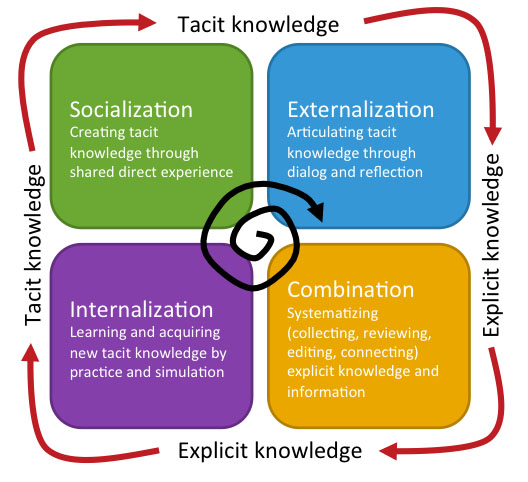 Or, sometimes, we get uncomfortable around people we don’t know and lose some of our social confidence.
Or, sometimes, we get uncomfortable around people we don’t know and lose some of our social confidence.
No matter the case, it’s nice to have some basic principles to fall back on. Knowing how to develop your social skills will help you in the long run.
The benefits of having good social skills
So what’s in it for you? Well, a lot. Improving your social skills is essential for your social health and overall well-being.
In terms of mental health, people with strong social ties have lower rates of anxiety and depression. They also have higher self-esteem, greater empathy, and are more cooperative.
For your physical health, researchers knew as early as 1988 that lack of social connection is more harmful than obesity, smoking, and high blood pressure. And, more recently, they learned that isolation is associated with a 50% increased risk of dementia as you age.
Sharpening your social skills will also pay you back in the form of social capital. Entire university programs are devoted to studying this concept. But, to keep it simple, we can define social capital as the sum of all benefits from being part of a social group.
Entire university programs are devoted to studying this concept. But, to keep it simple, we can define social capital as the sum of all benefits from being part of a social group.
Social capital comes with its own list of benefits:
- People will like working with you. Social capital often translates to goodwill from your colleagues; if you’re easy to work with, people will be in your corner when you need it — like when you’re gunning for that next big promotion.
- When you ask for help, people provide it. What goes around comes around. If you’re kind and helpful to others, they’ll do the same for you.
- Others will understand your boundaries. Don’t want to go to a social event? It’ll be easier to refuse when people trust there are no hard feelings. When you use your social skills, you can help others see where you’re coming from and better communicate your feelings.
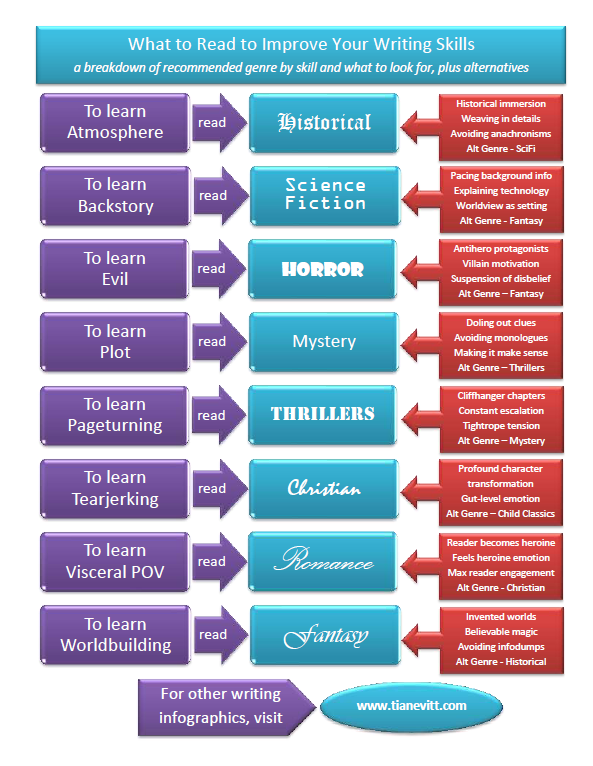
- Clients will love you. Whether you’re a freelancer, salesperson, or customer service rep, social skills are essential to winning and keeping clients. People like good work with a good attitude.
- You’ll nail your job interviews. Job interviews are about making great impressions. This is the perfect environment to flex your social skills. Use open body language, eye contact, and friendly facial expressions to impress your interviewers.
In today’s gig economy, social capital is critical. It can earn you a higher salary, win you more interesting projects, and may be the deciding factor in your next job application. Consider working with a BetterUp coach to improve this area of your career.
How can I enhance my social skills?
We’re glad you asked! You can definitely learn or improve your social life. Here are some general guidelines to get you started:
1. Improve your emotional intelligence
Put yourself in their shoes.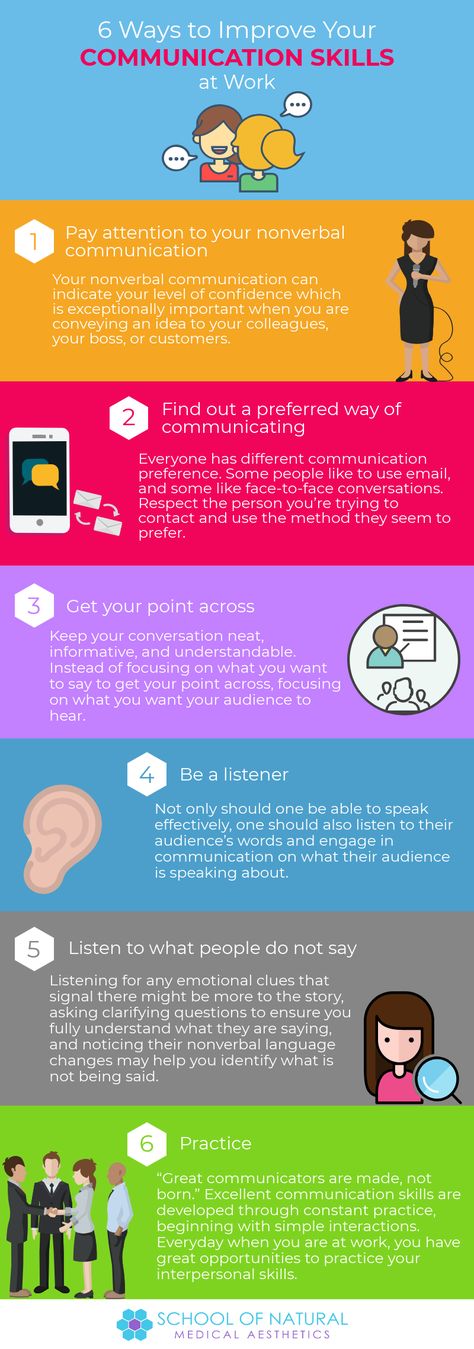 Imagine what they might be going through and try to understand their feelings. You’ll better understand their perspective, which will help you respond appropriately.
Imagine what they might be going through and try to understand their feelings. You’ll better understand their perspective, which will help you respond appropriately.
2. Look inwards
Pay attention to your emotions, thoughts, behaviors, and triggers. Then it will be easier to control them while interacting with others.
3. Practice effective communication skills
Use tactics like active listening and open body language to demonstrate attentiveness. This opens the door to more positive interactions.
4. Fake it ‘till you make it
Try acting like your more social peers, even if it’s just small talk. It will become easier every time you try it.
5. Ask more than you speak
You don’t have to worry about speaking up; ask open-ended questions and use active listening. People love talking about themselves.
6. Give compliments
Everyone likes a good compliment. Tell someone that they were great in that meeting, or their project was top-notch.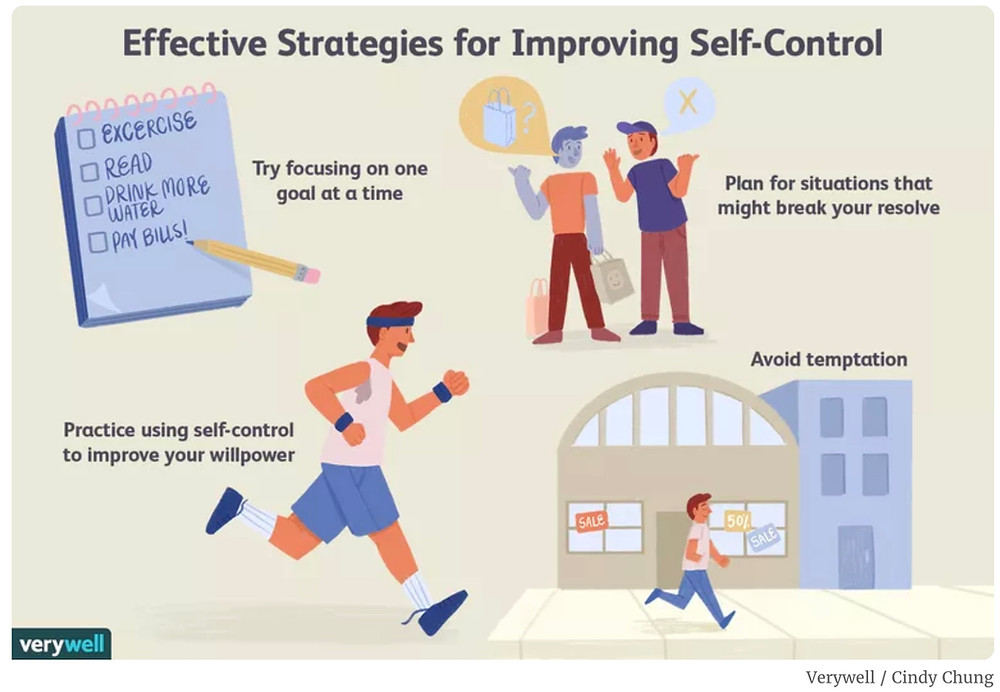 Be specific.
Be specific.
7. Be polite
Good manners go a long way. Words like “please” and “thank you” are small but powerful ways to soften requests.
8. Use open body language and non-verbal communication
Face the person with whom you’re speaking. Pay attention to your tone of voice. Make eye contact. Use your body language to show you’re present and paying attention.
9. Read the news
So many conversations revolve around current events; try to keep up so you can chime in.
10. Don’t let your thoughts get the best of you
It’s okay to feel a little anxious, but don’t let it get the best of you. You’re not your thoughts. Take a deep breath and try to let them go; this will help you relax in a social situation.
11. Start small
Start by spending time in a coffee shop or practicing your conversation skills with family members. Then you can ease into larger social settings. Before you know it, you'll be making new friends at your next social gathering.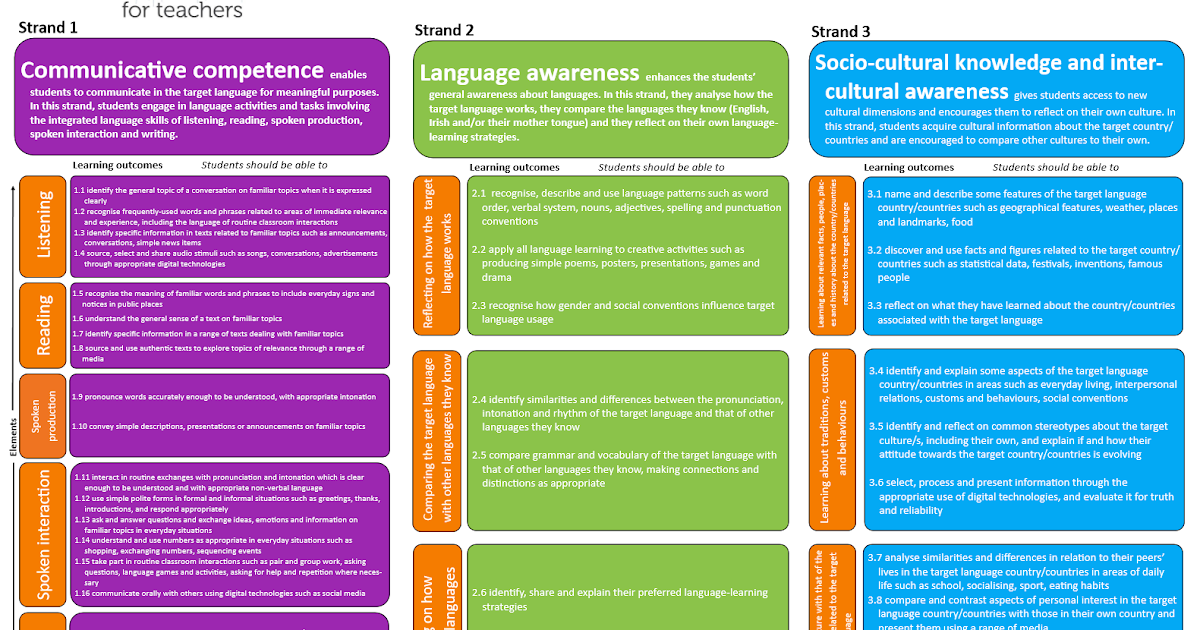
Do I have trouble with social skills?
A lot of people with anxiety or ADHD have a hard time connecting with others. Introverts or very shy people may also struggle.
Here are some signs that you don't have great social skills:
- You scroll on your phone while people talk to you. Smartphones are great at keeping us connected, but often to the detriment of those right in front of us. It puts a physical barrier between you and the other person at best. This communicates non-receptiveness to their words, and at worst, you seem bored, uninterested, and rude.
- You never take off your headphones. Sure, you might pause the music while someone talks to you. But they don’t know that. Take out your earbuds to show that you’re listening.
- You never do anything in person. These days, you can order just about anything to your door. But while this is wildly convenient, it cuts you off from the outside world.
 Don’t let yourself become socially isolated.
Don’t let yourself become socially isolated.
- You force humor when it might not be appropriate. You may want to defuse your anxiety with humor, but it’s not always the best time. Learn to read the room and only use jokes when it makes sense.
The bottom line
It’s normal to experience awkward moments. You might tell the theatre employee to enjoy a movie they’re not going to see or tell a joke that no one laughs at. It happens; cut yourself some slack.
But poor social skills go beyond the occasional blunder. At best, you seem aloof. At worst, outright rude. It’s good to evaluate your social skills and see which ones you can improve to be your best self.
That’s not to say that you can learn to overcome shyness or that you have to be a social butterfly. But it’s nice to know that when you want to strike up a conversation — whether inside or out of work — you’ll feel comfortable doing so.
If you need help, BetterUp is here. We’ll give you the tools you need to learn how to improve your social skills to ease your social discomfort or learn better communication skills. Whatever your best self needs, we can help you find.
We’ll give you the tools you need to learn how to improve your social skills to ease your social discomfort or learn better communication skills. Whatever your best self needs, we can help you find.
12 Ways To Improve Social Skills And Make You Sociable Anytime
Amy Morin, LCSW Posted on by Amy Morin
If you feel like you’re the awkward person at social events or you struggle to enter into conversations because you’re shy, it can impact your social life and your career. However, you can start improving your social skills by following these 12 strategies and soon, you’ll be able to enter into conversations with confidence.
1. Behave Like a Social Person
You can behave like a more social creature, even if you don’t feel like it. Don’t allow anxiety to hold you back. Make the decision to talk to new people and to enter into conversations even when you’re feeling nervous about it. Over time, it will get easier and you’ll quickly start improving your social skills.
Over time, it will get easier and you’ll quickly start improving your social skills.
If going to a party or spending time in a crowd seems overwhelming, start small. Go into the grocery store and say, “Thank you,” to the clerk or go to a restaurant and order your food. Practice making small talk gradually.
3. Ask Open-Ended QuestionsIf you want the attention off you in a conversation, get familiar with open-ended questions. Encourage others to talk so you won’t have to make the idle chit-chat. Ask questions that require more than a yes or no answer and you may open the door to invite the other person to keep the conversation going.
4. Encourage Others to Talk About ThemselvesMost people really enjoy talking about themselves. Ask a question about a person’s career, hobbies, or family. Show you’re interested in hearing what is being said.
5. Create Goals For YourselfEstablish some small goals for yourself.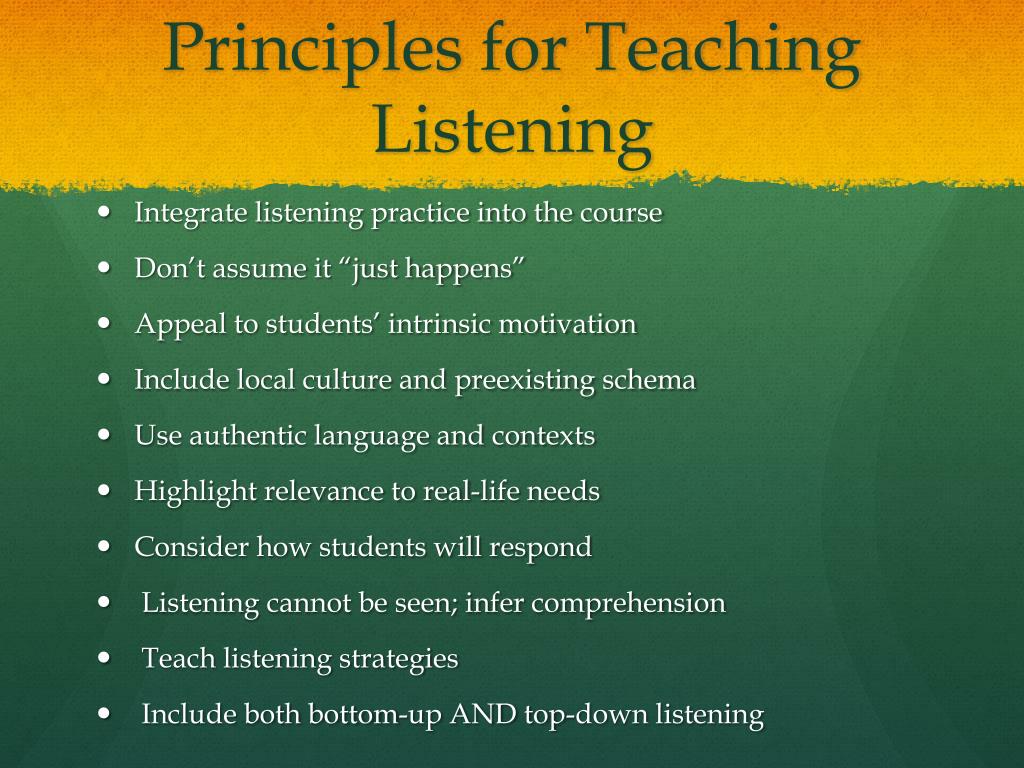 Perhaps you want to practice one particular skill or maybe you want to start attending a social activity in your community. Establish a goal and begin to work on strategies that will improve your social life.
Perhaps you want to practice one particular skill or maybe you want to start attending a social activity in your community. Establish a goal and begin to work on strategies that will improve your social life.
Compliments can be a great way to open the door to a conversation. Offer a co-worker a compliment on a presentation he gave at a meeting or compliment your neighbor on his new car. Compliments can show others that you are friendly.
7. Read Books About Social SkillsThere are many books on the market that can help you learn specific social skills and ways to start conversations. However, keep in mind that reading about these skills won’t make you an expert. You’ll need to practice them over and over again.
8. Practice Good MannersGood manners go a long way in improving social skills. Practice being polite, showing gratitude, and using good table manners.
9. Pay Attention to Your Body Language
Pay Attention to Your Body LanguageNon-verbal communication is very important. Pay attention to the type of body language you use. Try to appear relaxed, make appropriate amounts of eye contact, and appear open to conversation.
10. Join a Social Skills Support GroupMany communities offer social skill support groups. Support groups help people who feel shy, awkward, or extremely anxious in social situations learn and practice new skills. You’ll start improving social skills and may be able to make new friends who understand your difficulties.
11. Stay Up to Date on Current EventsRead up on current trends and news stories so you have something to talk about with people. Try to avoid anything that is too controversial, such as politics, but do talk about other news stories that may be of interest. It can be a great way to start a conversation and can help you stick to neutral subjects.
12. Identify and Replace Negative Thoughts
If you have a lot of negative thoughts about your social interactions, it could become a self-fulfilling prophecy.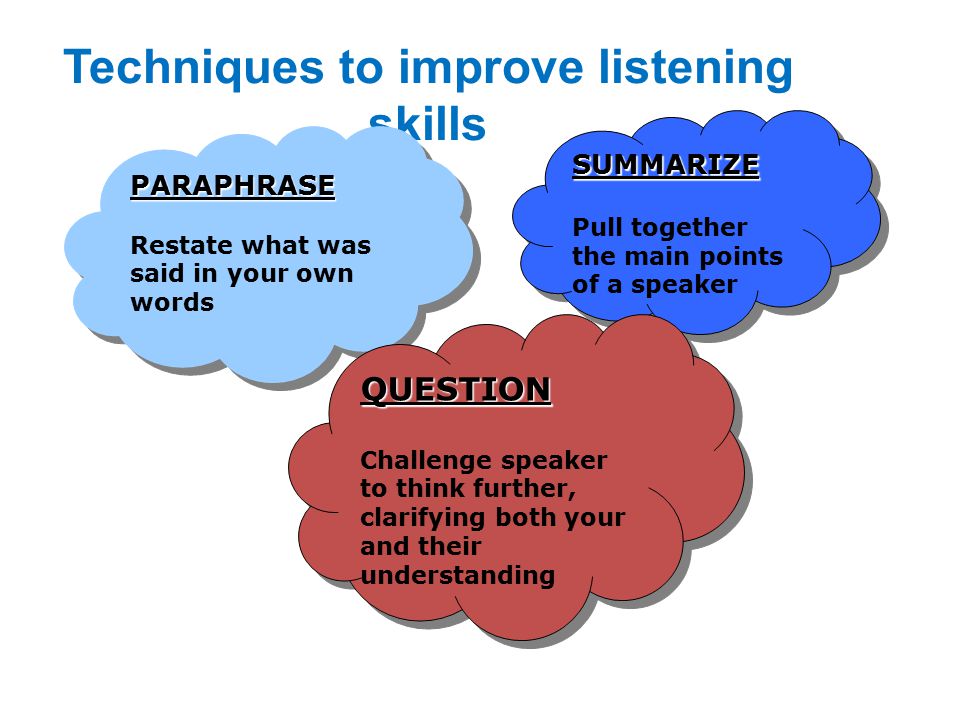 For example, a person who thinks, “I’m really awkward and I will embarrass myself,” may sit in the corner at a party. As a result, he may leave the party thinking that he must be really awkward because no one talked to him.
For example, a person who thinks, “I’m really awkward and I will embarrass myself,” may sit in the corner at a party. As a result, he may leave the party thinking that he must be really awkward because no one talked to him.
Identify negative thoughts that are likely dragging you down. Replace them with more realistic thoughts, such as, “I can make conversation and I can meet new people.” Don’t allow yourself to dwell on thoughts that aren’t productive.
Posted in Uncategorized permalink
6 skills of successful socialization that a child will not receive in school and kindergarten
Socialization, socialization. Parents in recent years rush about with her like mad. Socialization is needed so that the child learns to behave correctly in society and maintain social contacts. Some parents shift it to institutions such as kindergarten and school. It is understood that it is from their peers that the child acquires such valuable skills. This is not true.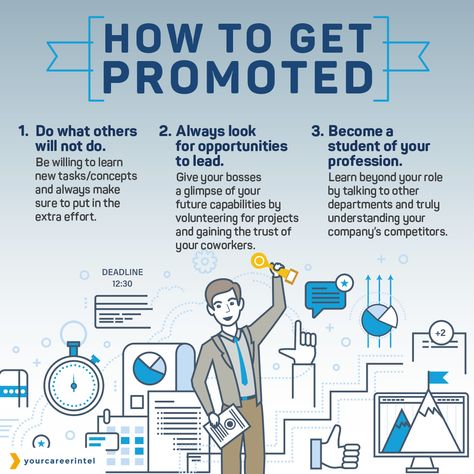 I will tell you why it is in the family that a child learns to build relationships and masters the only effective way to communicate “I am OK. You are OK." nine0003
I will tell you why it is in the family that a child learns to build relationships and masters the only effective way to communicate “I am OK. You are OK." nine0003
1.
Understanding the boundaries of oneself and another person"The freedom of one person ends where the freedom of another begins." A capacious phrase with which many agree, but its application in practice causes difficulties. If a child does not clean his room, and we strongly insist on this, is this a violation of his boundaries or upholding ours? We need order in the house. If a child experiments with clothes and wears absolutely incompatible things in your opinion, should he make comments? How then to instill in him a sense of beauty? If we don't like a teenager's friends and try to protect him from bad influences, is this a violation of boundaries or concern for others? nine0003
To answer these questions correctly, we put ourselves in the place of a child. Are we going to change something in our room, buy different clothes and look for new friends, because someone close to us doesn't like it? If your answer is "no", then you do not need to demand this from the child. It is to demand. It will be a violation of his boundaries. If your answer is yes, then you yourself first need to decide on an understanding of boundaries. Check if co-dependent relationships have leaked into your family.
It is to demand. It will be a violation of his boundaries. If your answer is yes, then you yourself first need to decide on an understanding of boundaries. Check if co-dependent relationships have leaked into your family.
Kindergarten and school will not help a child acquire this skill. Moreover, the system, on the contrary, merges the boundaries of one personality with others. Like it or not, the child wakes up early in the morning instead of sleeping. Teaches subjects that he does not want to learn. Communicates with peers with whom he has nothing in common. How can you understand the place of your desires in the system? Therefore, it remains either to abandon the kindergarten, transfer to SO, or raise awareness in the child, for which he does this. Internal restrictions do not break boundaries, unlike external ones. nine0003
2.
Understanding one's needs Ability to find them behind desires. A child wants a new toy every day - this is desire. Most likely, behind this is the need for attention from adults.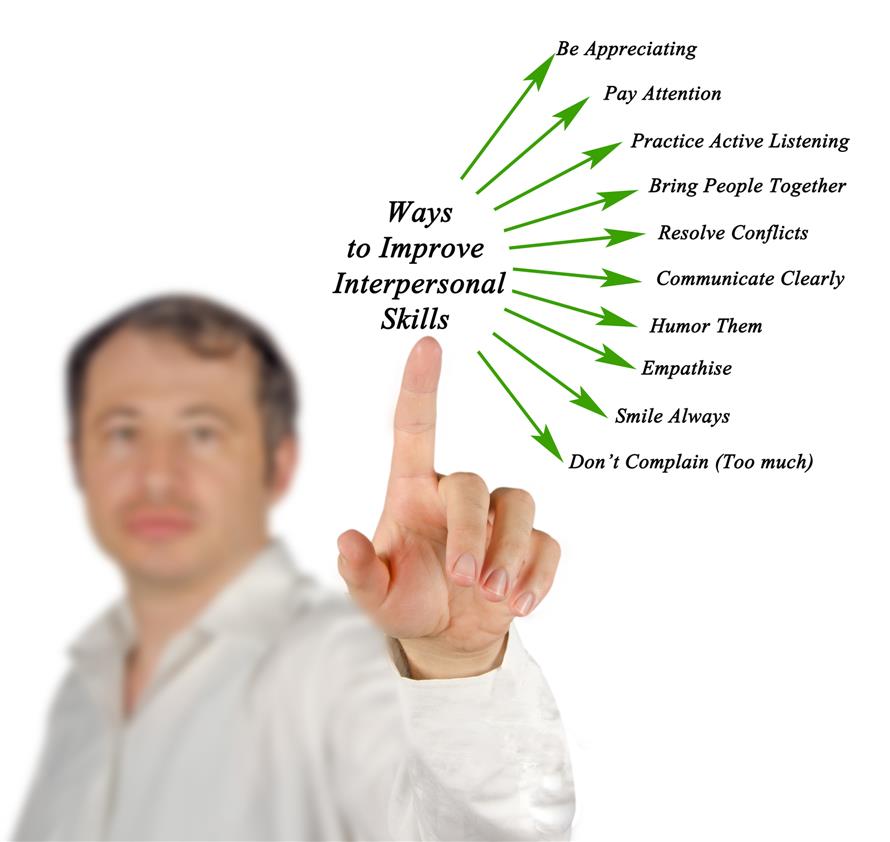 The child does not want to go to school. Perhaps he has accumulated fatigue, and behind this desire is the need for rest. Or maybe he doesn’t have relationships in the class. Then it is the need to be accepted among your peers.
The child does not want to go to school. Perhaps he has accumulated fatigue, and behind this desire is the need for rest. Or maybe he doesn’t have relationships in the class. Then it is the need to be accepted among your peers.
Can you imagine a situation in which the teacher asks: “Petya Ivanov, why didn’t you do your homework? Maybe you don’t understand the topic, or something happened in the family?” Perhaps there are such teachers, but not in classes of 30 people and with a load of eight lessons a day. nine0003
If we are attentive to our children and help them understand their true needs, they learn from us. Building their social relationships in the future, it will be easier for them to understand another person. What is important to both of us is what unites us.
3.
The ability to say "no" Our children do not say "no" to us because they have learned to say no. We just got them. We have lost their attachment to us, and they no longer want to listen to us. But they became attached to their peers. They begin to copy their behavior patterns. nine0003
But they became attached to their peers. They begin to copy their behavior patterns. nine0003
Kindergarten is inevitable. The lack of critical thinking does not divide the actions of peers into good or bad. It is simply important for a child to be with someone. In adolescence, personal desires are added.
If there was no “no” practice in the family, peers will not hear this “no” either. It's not about the fact that "everyone tries and I want to." It's about the fact that if I don't want, I don't like it, I can refuse
"No, I don't want to run around abandoned garages with everyone else." "No, I'm not going to steal for fun." "No, I don't want to participate in bullying." The ability not to merge with others, but to remain true to yourself and your interests. The fourth point follows smoothly from this. nine0003
4.
First me, then the others And this is not about egocentrism. It's about resources and their use. "I won't give up my last shirt because I'll be left with nothing.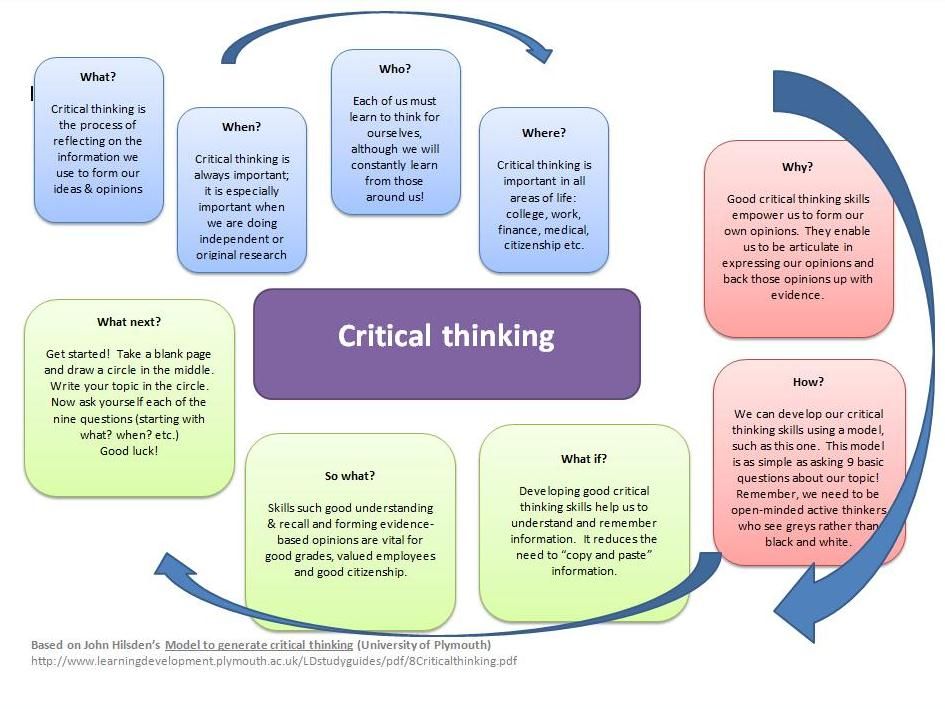 " “I don’t want to hear about your problems right now, because I won’t be able to support. I need help right now."
" “I don’t want to hear about your problems right now, because I won’t be able to support. I need help right now."
The ability to stop in time and not give yourself away saves you from burnout, overload and other stressful situations. Living on the edge is not the norm. The norm, when I took care of myself, and from a state of well-being I want and can take care of others. In relation to school, I can’t imagine how you can get this skill. nine0003
5.
Do not compare yourself with othersYou will either remain a loser forever, or vice versa, you risk becoming arrogant. At school, five people wrote an essay with "excellent", eight with "good", one person got a deuce. The rest have three. At home: “Last time you got a three for your essay, and this time a four. It is clear that you have worked." Or “Always fives, and today three. Something happened? Do you need help?"
Comparing yourself today with yourself yesterday, you can evaluate your coefficient of effort or level of ability. Gives an understanding of one's own value and makes one independent of the assessments of others. Works in reverse as well. "I'm fine - You're fine." nine0003
Gives an understanding of one's own value and makes one independent of the assessments of others. Works in reverse as well. "I'm fine - You're fine." nine0003
6.
Empathy as a counterbalance to total devaluation"What's the problem with doing homework? It's simple though." “Yes, you spit, you will have new friends!”.
School does not have the task of raising successful people. Only the educated. We make our children successful ourselves
Empathy is necessary for communication so that the interlocutor feels that he is understood. He is important. His problems and joys are not nonsense. Support your child properly and he will learn to do it himself. nine0003
How can you help your child overcome socialization problems?
Making friends and joining the company is an integral part of a child's life. This can be difficult at times, but if your child has persistent communication difficulties, it could be a sign of a learning and attention disorder.
There are various disorders that prevent a child from socializing, however, there is one that is known to affect communication skills - Nonverbal Learning Disabilities (NVLD / NLD). To solve a problem, you need to find its cause. Find out what prevents your child from socializing and how you can help him. nine0003
Possible symptoms
Problems with socialization may not be as obvious in early childhood, depending on the cause of the problems. Some children with nonverbal learning disorder, for example, do not show symptoms until elementary or middle school. This is the period when socialization becomes more difficult.
You may have noticed that your child responds inappropriately when he is drawn into a conversation or does not see when someone is obviously annoyed. nine0003
What could be causing communication problems?
1. Non-Verbal Learning Disorder (NLE) is a learning disorder that seriously affects communication skills.

Other disorders can also make communication difficult for children, but for different reasons. Below are some of the disorders that can cause communication problems.
Nonverbal learning disorder is a disorder that makes it difficult for children to understand nonverbal communications. As a rule, children with NRO miss body language, facial expressions, and intonation of voice, so they may not understand the intentions of the interlocutor. For example, such a child will not understand that a classmate who has crossed his arms and turned away does not want to talk to him. nine0003
Many children with NLL do not understand abstract concepts, they cannot read between the lines, and they literally understand figurative expressions. NRO often affects self-control skills, which causes the child to interrupt the interlocutor and not keep his emotions under control. Deviation also affects coordination and mathematical ability.
Let's look at some of the symptoms of NRO associated with communication skills:
-
Talks a lot
nine0100 -
Relies on adults to get information
-
Does not understand facial expressions, body language
-
Extremely literal and does not understand figures of speech and sarcasm
-
Avoids contact with peers
-
Prefers communication with adults to communication with other children
Uses inappropriate expressions
Children of different ages may have different symptoms of NRO.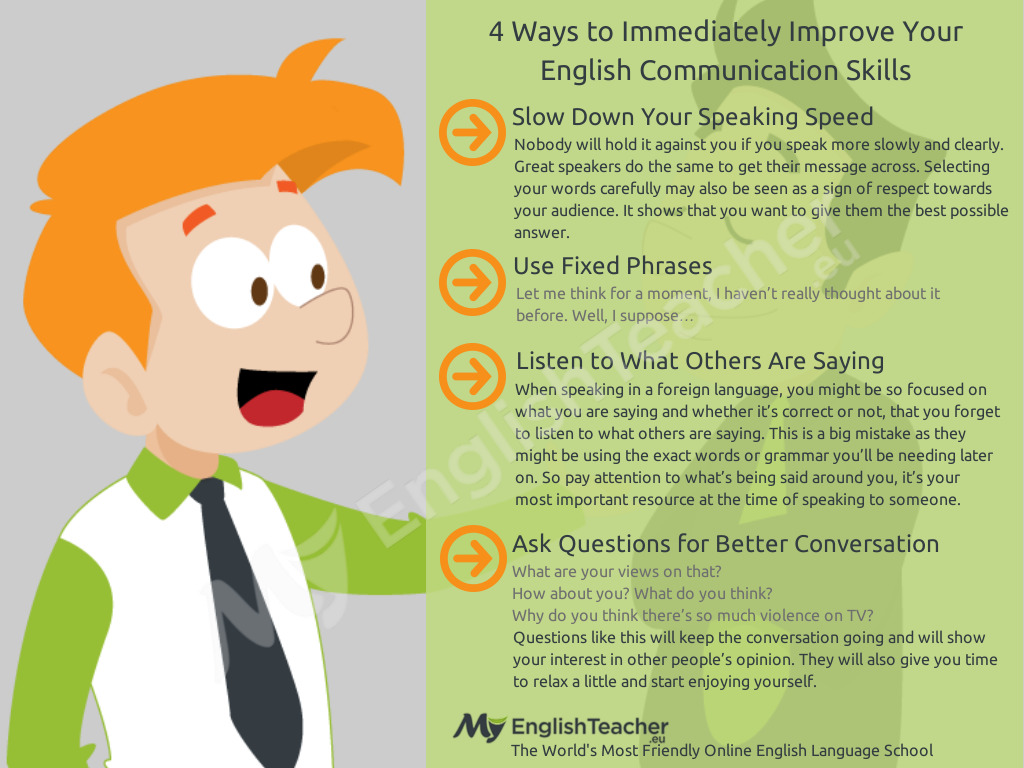 A child who is now in the first grade will behave differently in the ninth grade. nine0003
A child who is now in the first grade will behave differently in the ninth grade. nine0003
2. Attention Deficit Hyperactivity Disorder (ADHD): Symptoms of ADHD can make it difficult for a child to socialize. Children with ADHD have difficulty concentrating and controlling impulses.
The following are symptoms of children with ADHD related to communication skills:
-
Not waiting in line
-
Intervenes in a conversation, interrupts the interlocutor
-
Demands that his whims be fulfilled immediately
-
Prevents the interlocutor from inserting a word
-
Does not listen well to others and is lost in his own speech
-
Gives up quickly, dumps group work on others
-
Does not sit still, fidgets all the time
Symptoms of ADHD vary from child to child. As in the case of NRO, a child who is in the lower grades will behave very differently in the higher grades. nine0003
nine0003
3. Social Communication Disorder (SCD): Children with SCD experience problems with verbal communication. Unlike children with NRO and ADHD, they often just don't want to talk to other people.
Here are some of the symptoms of children with IBS that prevent them from interacting with others:
-
Almost not interested in socializing with others
-
Changes the subject or takes over the conversation
- nine0002 Underdevelopment of speech due to impaired phonemic perception
-
Does not adjust his speech to suit different people or situations
-
Loses important details when talking to strangers
-
Does not know how to properly greet people, receive information and attract attention
-
Extremely literal and does not understand figures of speech and sarcasm
-
Does not understand non-verbal communication
-
He won't understand anything unless he is directly told about it
The symptoms of IBS may present differently in children of different ages.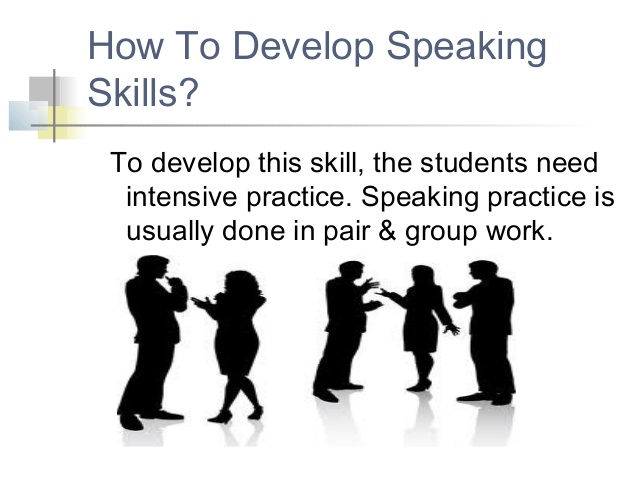
The three disorders are unrelated, but they may coexist in the child.
Knowing what is behind your child's communication problems will help you find the best solution.
How to find answers
If your child is having communication problems, the key to getting the best support is to find the root of the problem. A good start is to observe the child's behavior. Pay attention to the little things. Any information will be useful to a specialist who will analyze it. Determining the source of your child's problems can be a long and complicated process. Here's how to get started:
-
Talk to your child's teacher. You are aware of the difficulties that a child faces at home. But the teacher can draw your attention to something new by talking about his behavior in the classroom. Talking about your observations and concerns can lead to informal support at school. For example, the teacher may move your child to children with similar interests or try to give clearer instructions so that the child understands.
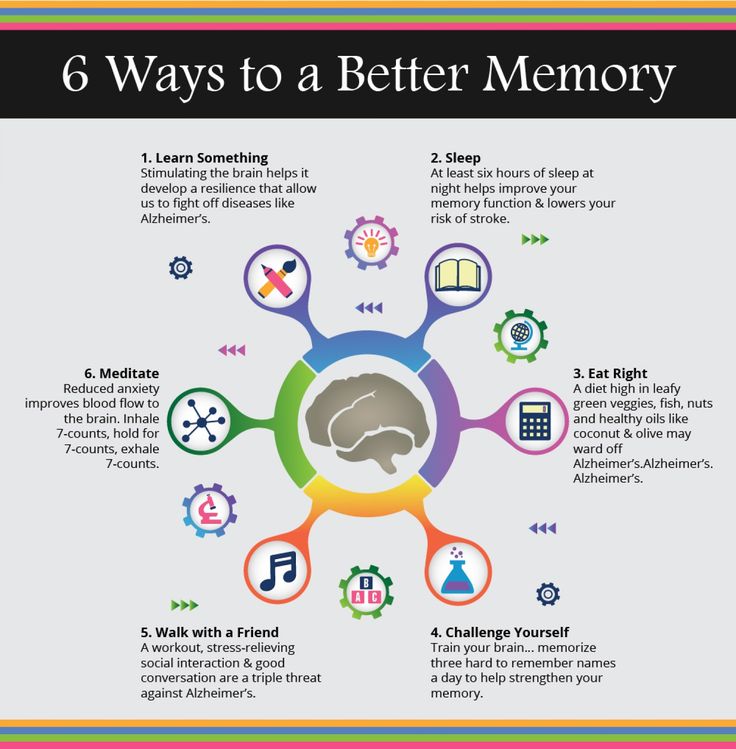
- nine0002 Consider testing at school. If you think your child's communication skills are being affected by a learning or attention disorder, you can ask your child's teacher for tests. Depending on the result, the child will have the opportunity to receive the necessary help and support.
-
Seek medical attention. You can start by talking to your child's doctor about your concerns. Together you can determine how to find the cause of your child's communication problems. The doctor can identify medical problems and also help you find neurologists or another specialist for testing. nine0003
-
Talk to a specialist. Some pediatricians may test your child for ADHD. But psychologists who specialize in learning and attention disorders can test a child for both ADHD and NDE. A speech therapist can determine the child's TFR. There are different types of tests for NRO, ADHD, and TFR.
What You Can Do Now
Whatever the cause of your child's communication problems, there are always ways to support, build self-esteem and teach basic communication skills.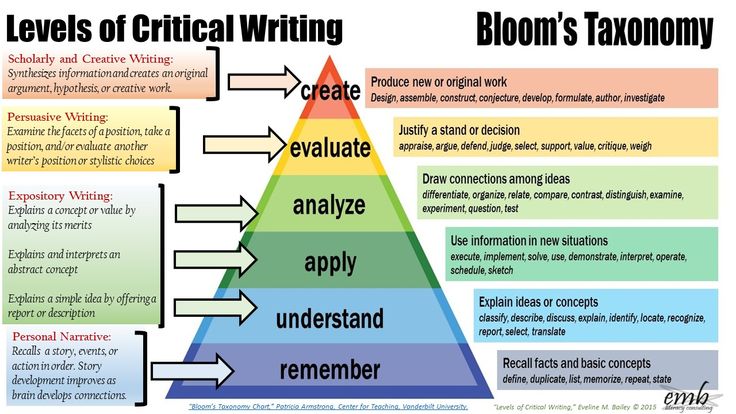 Just knowing that you are always there and ready to support him will make a big difference. nine0003
Just knowing that you are always there and ready to support him will make a big difference. nine0003
Below are some ways you can help:
-
Find out as much as you can. The more you know about the obstacles in your child's path, the better you can help him overcome them.
-
Watch and notice. It will help a lot if you know in which situations the child is experiencing difficulties. See how he usually behaves and what he does wrong, offer him a different approach. Your notes will also be helpful if you decide to see a doctor, teacher, or specialist. nine0003
-
Rehearse the situation. Rehearse with your child a situation in which he usually gets lost. By example, teach him to start and maintain a conversation, not to interrupt the interlocutor and to behave politely.
-
Introduce your child to other children. It will be easier for the child to communicate with children with the same interests. Look for classes or clubs that teach things he likes.
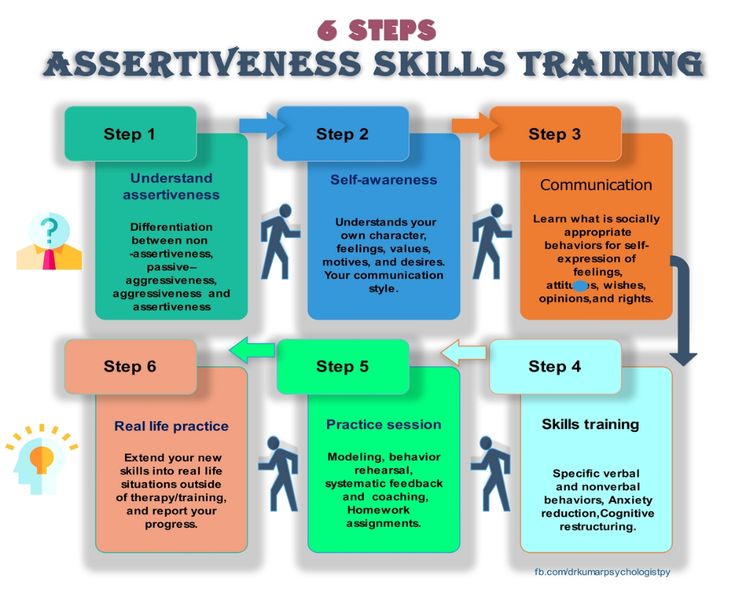
-
Look for classes that teach communication skills. Perhaps your school provides them for free. Some professionals may offer special programs for children who are unable to communicate. nine0003
-
Try different approaches. Search social media groups for ideas on how to help your child make friends and improve their communication skills.
-
Contact other parents. You may think that you are the only family where a child has problems with social skills, but in fact this is not so. Talk to parents who are in a similar situation, share experiences, observations and ideas.
---------------------------
Try FAST FORWORD online neurology classes.
This technique quickly develops the skills of concentration, phonemic perception and basic cognitive skills of the child - memory, perception, processing and analysis of information, logical thinking, etc.
FAST FORWORD classes help children with ICD, ADHD and children with learning disabilities become successful learners, gain self-confidence and, as a result, socialize! nine0084
---------------------------------
Generally, children with social skills problems do not outgrow it.